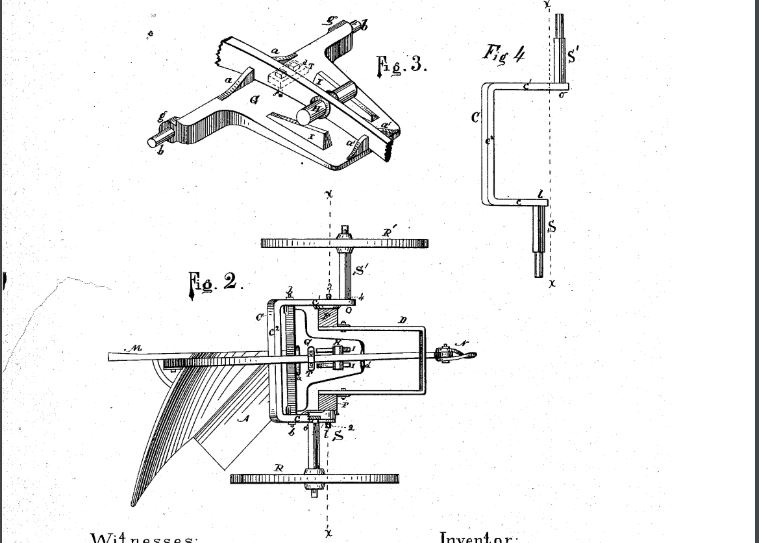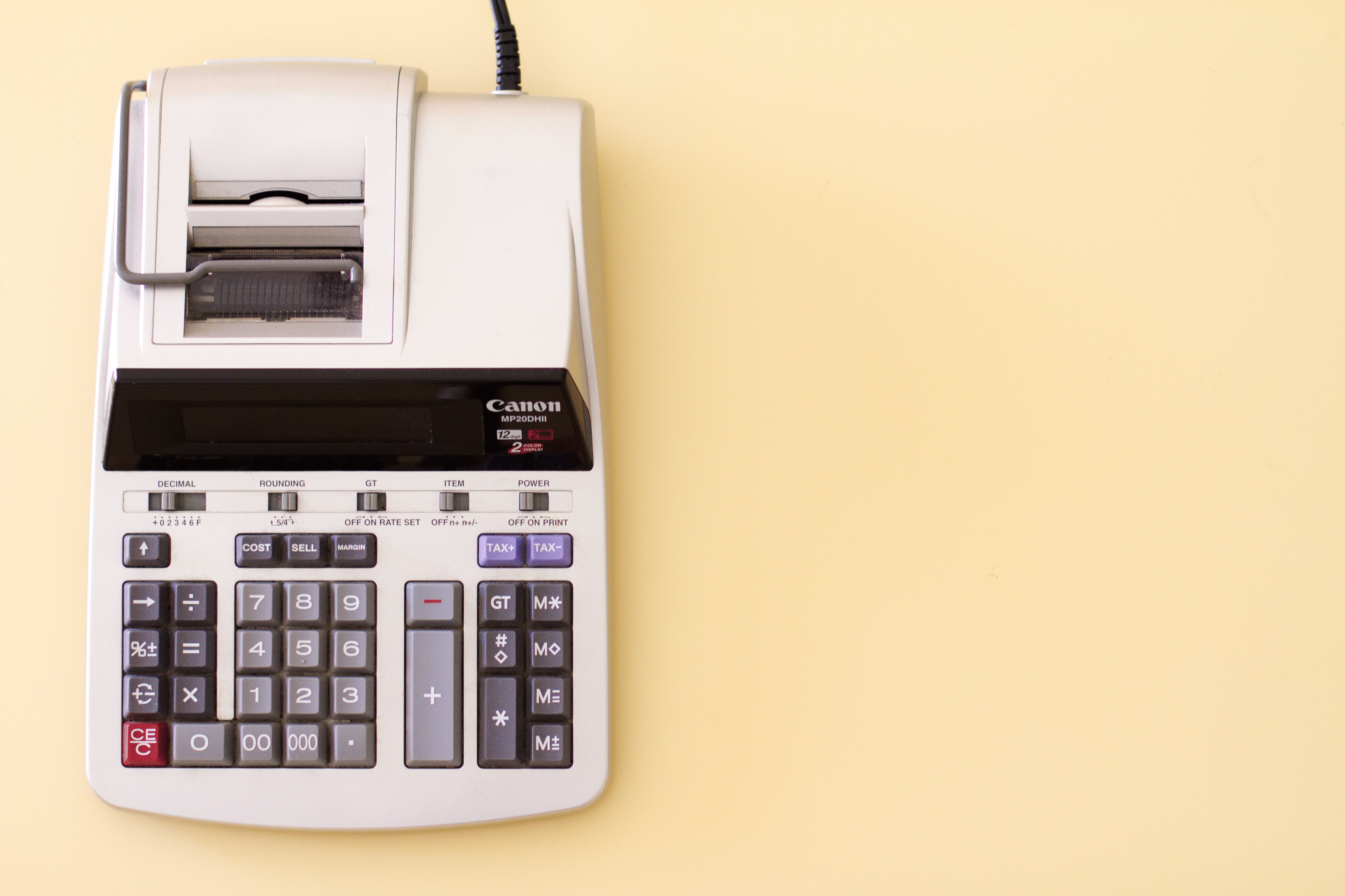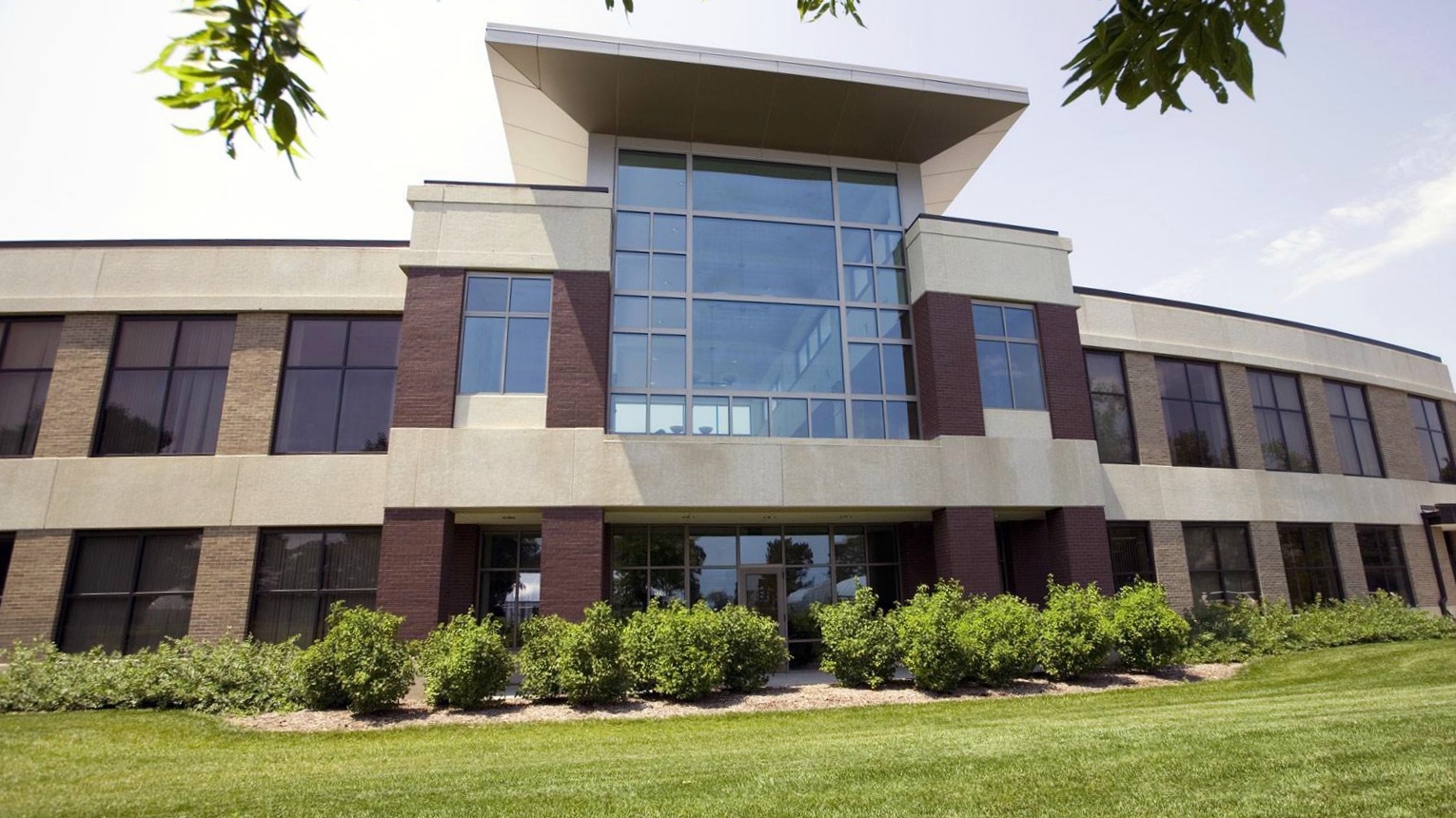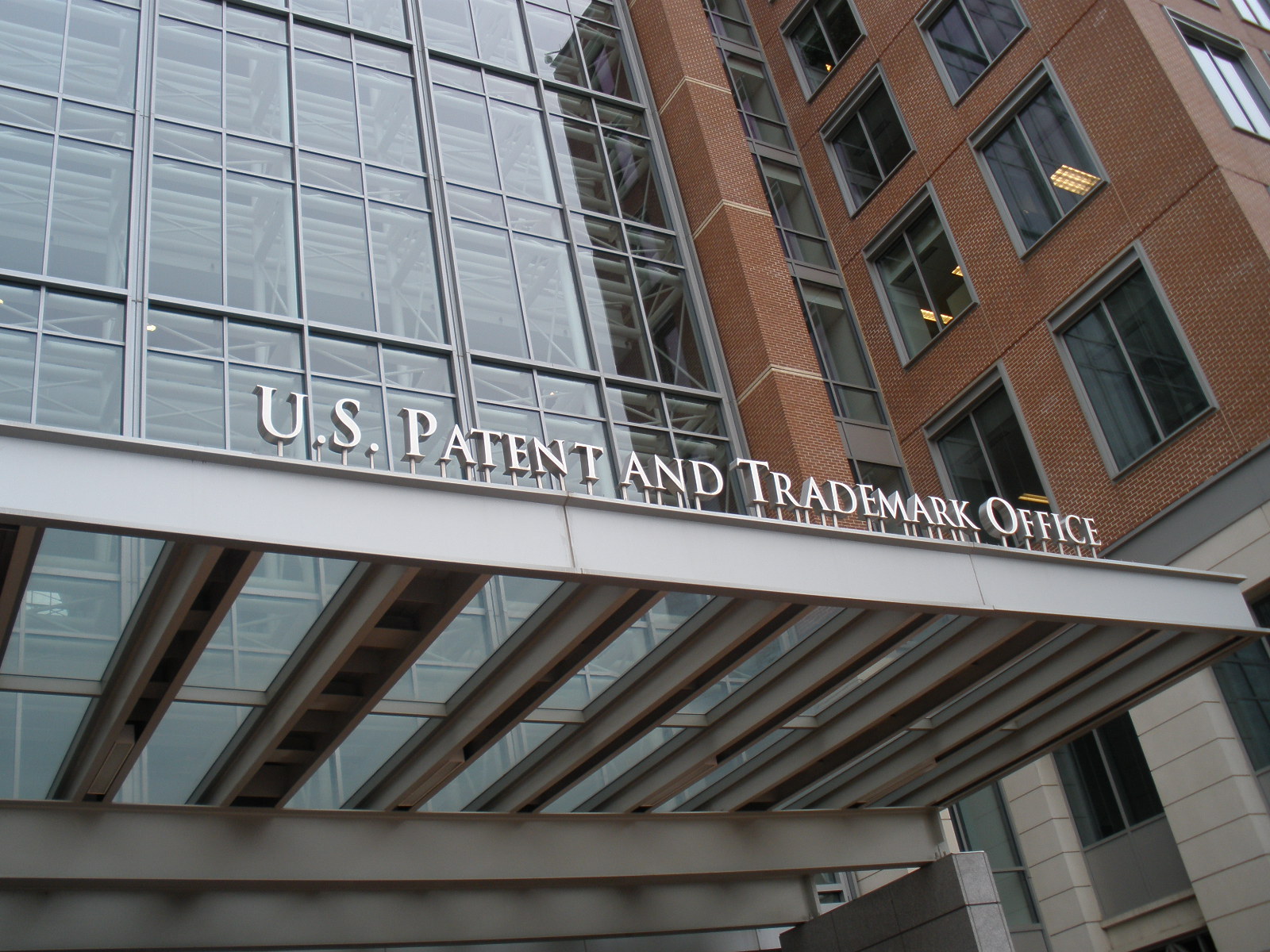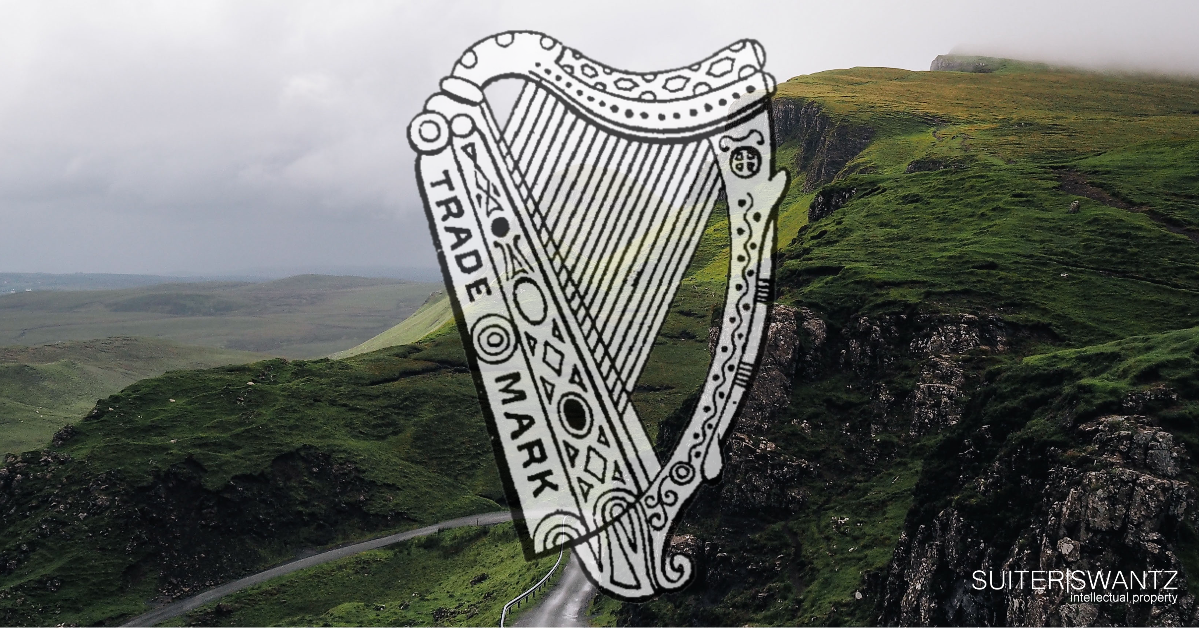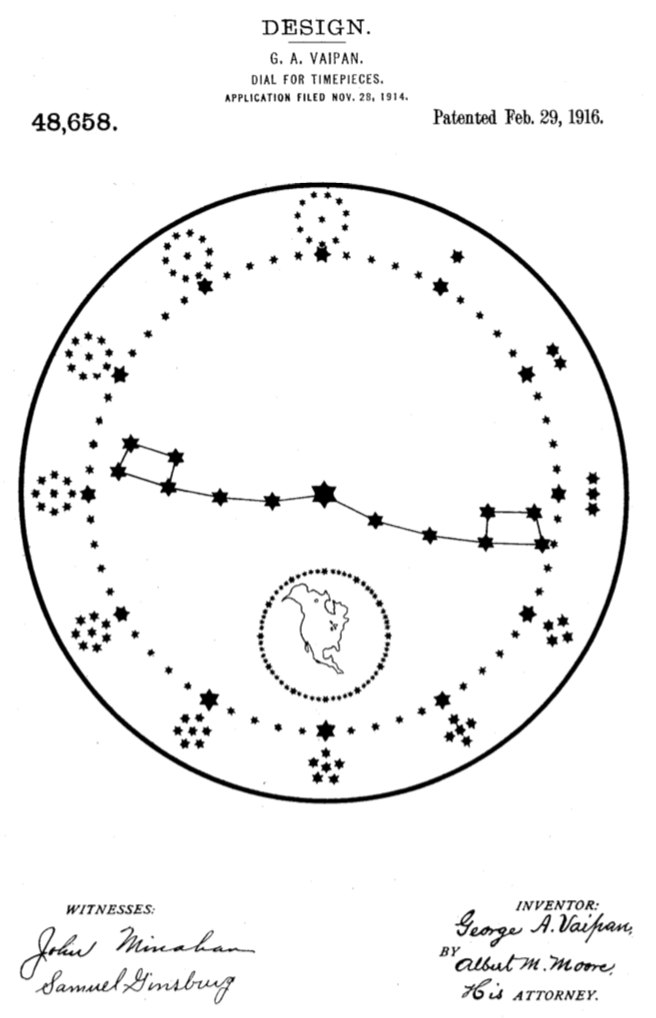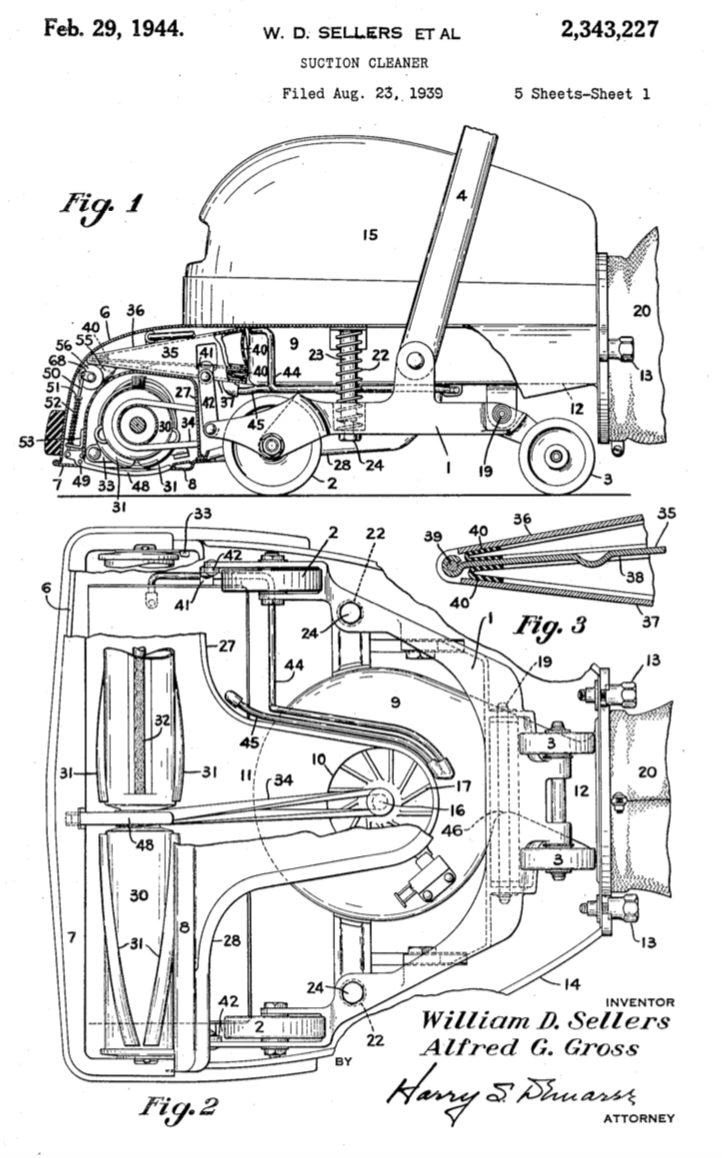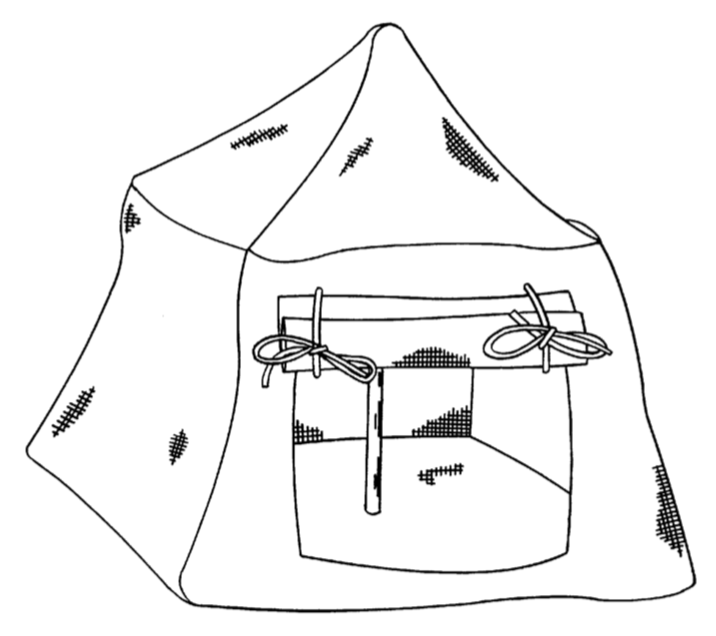John Deere’s most successful product in the 1800s: The Sulky-Plow
What brand instantly comes to mind when thinking of U.S. Agriculture? For many, the answer is John Deere.
John Deere’s history began in 1837 in Grand Detour, Illinois, when he created a highly polished steel moldboard that allowed farmers to cut clean furrows in rocky soil. From there, the company’s empire began. John Deer received his first patent in 1864andhadam
On June 29, 1875, Gilpin Moore, head of the iron works at John Deere, developed a plow for the company known as the “Gilpin Sulky-Plow.” From the time of his hiring until he retired in 1890, Moore was issued 31 patents in his name, along with four others jointly held with John Deere. Few of these were for incremental improvements to existing products— most were for new implements that, when produced, added significantly to Deere's bottom line.de
The Sulky-Plow (U.S. Patent No. 164,929) allowed for farmers to get off their feet and in a seat; it was John Deere’s most successful product in the 19th century. The patent was granted on June 29th, 1875 to Moore. While other plows were on the market at the time, Deere’s two-wheel Sulky-Plow was the most popular among farmers. Horses commonly pulled the Sulky-Plow and the more blades that were attached, the faster a field could be plowed.
In 1878, The Sulky-Plow defeated 50 other plows in a field trial at the Paris Universal Exposition. Due to the plows performance at the exposition, unit sales the following year rose from 5,198 to reach a height of 7,824 in 1883. 1892 marked the first successful testing of a gasoline-powered tractor whose infrastructure was similarly designed to that of a Sulky-Plow. Over time, advancements in technology and innovative ideas started to move the farm equipment industry into the future with support from John Deere®.
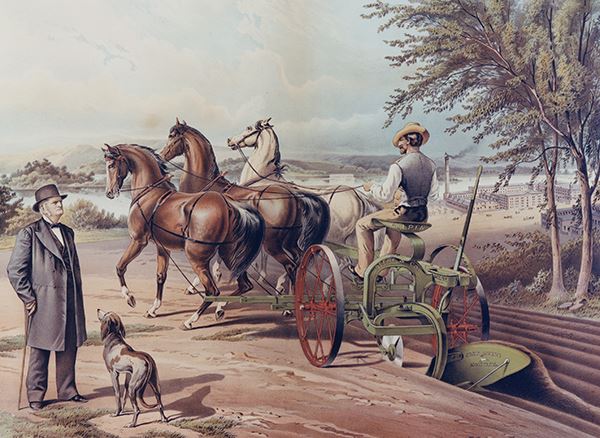
Perhaps the best representation that we have today of The “Gilpin Sulky Plow” can be seen in a famous painting of Old John Deere himself, as he watches a young man on a Sulky-Plow turning a perfect furrow behind three spirited steeds.
To learn more about John Deere’s color, logo, and slogan trademarks please visit here.
Sources: USDA, Economic Research Service using data from USDA, National Agricultural Statistics Service, 2012 Census of Agriculture
Suiter Swantz IP is a full-service intellectual property law firm providing client-centric patent, trademark, and copyright services. If you need assistance with an intellectual property matter and would like to speak with one of our attorneys, please contact us at info@suiter.com.
Three Reasons to Protect Your Intellectual Property
So, why should you care about protecting your intellectual property?
Intellectual property (IP) often gets put on the back burner by business owners. Here at Suiter Swantz IP, we understand it can be complicated and overwhelming for businesses to find what constitutes IP and how to begin its protection. For more than 25 years, our firm has helped a variety of organizations ranging from individual inventors, and early-stage startups to international multi-billion-dollar corporations navigate the complex landscape of IP procurement and protection.
Intellectual property law can be used to protect several intangible assets. These assets may include inventions, names, logos, symbols, photographs, website content, software code, writing, designs, architectural drawings, music, and similar intellectual works. IP is protected in law by patents, copyright, and trademarks, which enable people to earn recognition or financial benefit from what they invent or create. Trade secrets cover even more things such as client data and lists, recipes, business plans, formulas, and just about anything that is closely held as a secret that brings value to the company.
When you consider the sheer breadth of items that qualify as IP, there is likely a great deal of information that your business uses daily that falls within the definition of intellectual property. Considering how essential IP is to a company's bottom line, protection of that IP becomes paramount. In fact, on average, 80 percent of a company’s value is in intangible assets. Not sold on the importance of protection yet? Here are three more reasons to protect your IP:
Gain a competitive edge.
Many intellectual property attorneys will ask you to think about what your competition could do if your IP was not protected. Sometimes, IP is easier to understand if you think of it like real estate property. Would you leave your front door open to the entrance of your new home? Chances are you would not only close the door, but you would make sure it was locked. You may even turn on a security system. IP rights & attorneys help protect your intellectual property, just like how locks and systems protect your home.
IP rights like trade secrets can also deter or prevent former employees from using your manufacturing and marketing methods or stealing crucial information like customer lists.
In addition, patents and trade secrets are particularly important to chemical compositions. Competition may be able to identify all the ingredients of a composition, but with IP protection it will be harder for competitors to identify exact amounts and processes.
Create a new revenue source.
Inventors can create a new revenue source by selling, licensing, or using their IP. Much like real estate property, IP can be sold, rented, or used directly by its owner.
A few helpful terms and options to consider when transferring your IP right(s):
- Transferring IP rights through assignment: the purchase or sale of IP right(s).
- Transferring IP rights: selling the right(s) to a party to manufacture a patented product while the inventor receives a percentage of the sales, also known as royalties.
- Transferring IP rights through licensing: an agreement that allows a business or individual to use your IP right(s). Licensing can be transferred in varying degrees. Some inventors sell their IP rights through nonexclusive licenses which allows the inventor to have more control over their IP right(s). Typically, nonexclusive licenses will garner less royalties and may be considered less valuable.
Enhance the value of your business.
Many companies will invest in protecting their IP because it increases the value of their business. Once a business protects their IP, they are far more appealing to investors. Investors also place a heavy emphasis on the reputation of the business and its contacts if they are kept secret through protection. On average, tech startups receive $535,000 more in investment per patent and startups with patents are 35 times more likely to experience “high growth.” IP can also be considered valuable collateral if the inventor is needing to raise capital from investors or need to receive funding from a lender.
Let’s Protect Your IP.
Suiter Swantz IP understands the importance of protecting your innovation, and can help guide you through the IP landscape in a manner that minimizes cost while maximizing value. If you are interested in learning more about our services or have any questions, please contact us today at info@suiter.com or click here.
Suiter Swantz IP is a full-service intellectual property law firm providing client-centric patent, trademark, and copyright services. If you need assistance with an intellectual property matter and would like to speak with one of our attorneys, please contact us at info@suiter.com.
Suiter Swantz IP Welcomes Patent Attorney Jeff Bernard
Jeffrey Bernard joins Suiter Swantz IP as a patent attorney.
 Jeff holds a Bachelor of Science in Biology from Virginia Polytechnic Institute and State University and received his Juris Doctor from Albany Law School. Jeff provides intellectual property services for a wide variety of industries and technologies including aircraft cabin components, fiber optic connectors and hardware, additive manufacturing equipment, pump and valve assemblies, medical devices and solar arrays, among others.
Jeff holds a Bachelor of Science in Biology from Virginia Polytechnic Institute and State University and received his Juris Doctor from Albany Law School. Jeff provides intellectual property services for a wide variety of industries and technologies including aircraft cabin components, fiber optic connectors and hardware, additive manufacturing equipment, pump and valve assemblies, medical devices and solar arrays, among others.
Jeff is admitted to practice law in North Carolina and Florida, and is registered to practice before the United States Patent and Trademark Office.
Outside of the office, Jeff enjoys hiking, skiing, and is an automotive enthusiast.
Suiter Swantz IP is a full-service intellectual property law firm providing client-centric patent, trademark, and copyright services. If you need assistance with an intellectual property matter and would like to speak with one of our attorneys, please contact us at info@suiter.com.
Suiter Swantz IP Welcomes Accounting Assistant Shelley Casey
Shelley Casey joins Suiter Swantz IP as an accounting assistant.

Shelley holds a Bachelor of Science in Accounting from Upper Iowa University.
Shelley has extensive experience in accounting. Prior to joining Suiter Swantz IP, she worked for a major industrial gas supplier in Iowa and 5 years ago she moved to Nebraska to work at a leading real estate firm in Omaha, Nebraska.
Outside of work, Shelley enjoys traveling to Illinois and Iowa to visit her family.
Suiter Swantz IP is a full-service intellectual property law firm providing client-centric patent, trademark, and copyright services. If you need assistance with an intellectual property matter and would like to speak with one of our attorneys, please contact us at info@suiter.com.
Suiter Swantz IP Welcomes Technical Advisor and Law Clerk Ashley E. Holland
Ashley E. Holland joins Suiter Swantz IP as a technical advisor and law clerk.
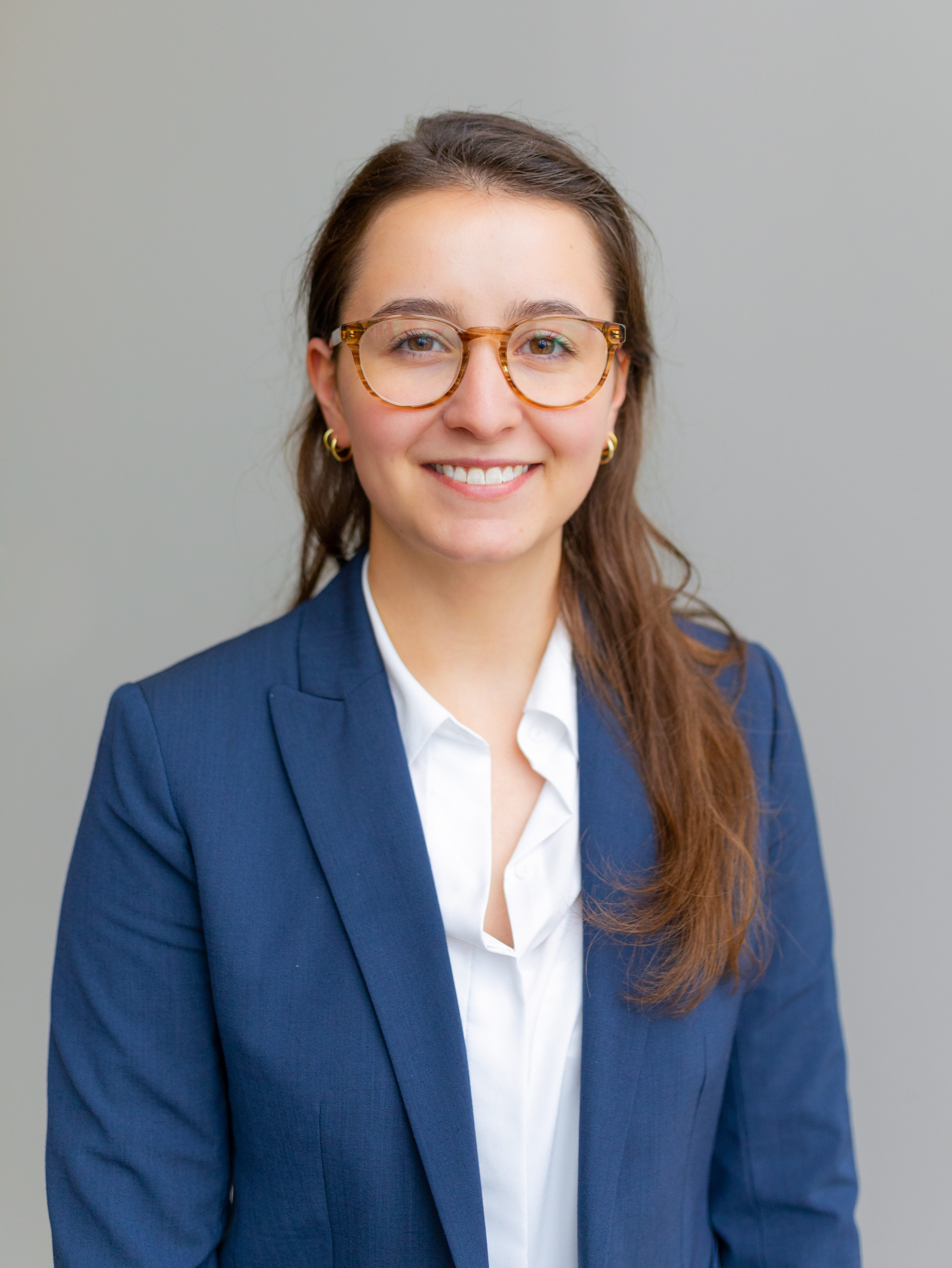 Ashley received her B.A. in chemistry and a minor in physics from the University of Nebraska-Lincoln. She currently attends Creighton University School of Law and is expected to receive her Juris Doctor in May 2021.
Ashley received her B.A. in chemistry and a minor in physics from the University of Nebraska-Lincoln. She currently attends Creighton University School of Law and is expected to receive her Juris Doctor in May 2021.
While at Creighton, Ashley is the President of the Intellectual Property Society and a participant of the International Trademark Association's Regional Moot Court Competition. Additionally, Ashley is a member of the Creighton's National Patent Drafting Competition Team, which placed 3rd nationally.
Outside of the office, Ashley enjoys long walks around her neighborhood and cooking as well as re-reading her favorite Harry Potter and Sherlock Holmes books.
Suiter Swantz IP is a full-service intellectual property law firm providing client-centric patent, trademark, and copyright services. If you need assistance with an intellectual property matter and would like to speak with one of our attorneys, please contact us at info@suiter.com.
Suiter Swantz IP Welcomes Technical Advisor and Law Clerk Jonah Clark
Jonah Clark joins Suiter Swantz IP as a technical advisor and law clerk.
 Jonah Clark holds a B.S. in industrial engineering and a minor in business from Iowa State University. Jonah currently attends the University of Nebraska College of Law and is expected to receive his Juris Doctor in May 2022.
Jonah Clark holds a B.S. in industrial engineering and a minor in business from Iowa State University. Jonah currently attends the University of Nebraska College of Law and is expected to receive his Juris Doctor in May 2022.
Additionally, Jonah is a member of the DTP Legal Fraternity, the Student Bar Association, and was selected to be Vice President of the Nebraska Christian Legal Society.
Outside of the office, Jonah enjoys being outdoors and traveling. He also spends time playing tennis, golf, and basketball.
Suiter Swantz IP is a full-service intellectual property law firm providing client-centric patent, trademark, and copyright services. If you need assistance with an intellectual property matter and would like to speak with one of our attorneys, please contact us at info@suiter.com.
Suiter Swantz IP Welcomes Patent Agent Raed N. Enany
Raed N. Enany joins Suiter Swantz IP as a patent agent.
 Raed holds a B.A. in chemistry from Cornell University and is currently enrolled in Oregon State University's B.S. Computer Science program. Prior to joining Suiter Swantz IP, Raed prosecuted and prepared patent applications in electrical, mechanical engineering, chemistry, and computer science fields at a boutique patent law firm in Fresno, CA.
Raed holds a B.A. in chemistry from Cornell University and is currently enrolled in Oregon State University's B.S. Computer Science program. Prior to joining Suiter Swantz IP, Raed prosecuted and prepared patent applications in electrical, mechanical engineering, chemistry, and computer science fields at a boutique patent law firm in Fresno, CA.
Raed is registered to practice before the USPTO.
Outside of the office, Raed enjoys playing strategy games, strength training, and reading.
Suiter Swantz IP is a full-service intellectual property law firm providing client-centric patent, trademark, and copyright services. If you need assistance with an intellectual property matter and would like to speak with one of our attorneys, please contact us at info@suiter.com.
Suiter Swantz IP Welcomes Patent Attorney Patrick Kennedy
Patrick Kennedy joins Suiter Swantz IP as a patent attorney.
 Patrick holds a B.S. in Biochemistry from the University of Nebraska-Lincoln and received his Juris Doctor from the University of Nebraska College of Law. While in law school, Patrick earned the CALI Excellence for the Future Awards in the Copyright Law Seminar and the Entrepreneurship Clinic. Additionally, he was elected Student Bar Association Class President by his classmates, and also served as a senior member of the Nebraska Moot Court Board.
Patrick holds a B.S. in Biochemistry from the University of Nebraska-Lincoln and received his Juris Doctor from the University of Nebraska College of Law. While in law school, Patrick earned the CALI Excellence for the Future Awards in the Copyright Law Seminar and the Entrepreneurship Clinic. Additionally, he was elected Student Bar Association Class President by his classmates, and also served as a senior member of the Nebraska Moot Court Board.
Prior to joining the firm, Patrick practiced in intellectual property, technology, data privacy and security, and payments spaces at a large general practice firm in Omaha, NE.
Patrick is licensed to practice in Nebraska and is registered to practice before the USPTO.
Outside of the office, Patrick enjoys watching and attending sporting events, traveling, and reading.
Suiter Swantz IP is a full-service intellectual property law firm providing client-centric patent, trademark, and copyright services. If you need assistance with an intellectual property matter and would like to speak with one of our attorneys, please contact us at info@suiter.com.
USPTO announces extension of timing deadlines under the CARES Act
On March 31, 2020, the USPTO announced that it would use provisions of the Coronavirus Aid, Relief, and Economic Security Act (CARES Act), to extend the time to file certain patent and trademark-related documents and to pay certain required fees.
In addition to extension fees, the USPTO announced it will waive petition fees in certain situations for customers impacted by the coronavirus. The agency's offices remain closed to the public with all interviews, oral hearings, and other in-person meetings being conducted remotely by video or telephone.
The USPTO continues to evaluate the evolving situation around COVID-19, and we have linked its official notices related to the provisions below. In addition, the agency has created a single webpage to centralize access to information, updates, and operating status.
Patent-related timing deadlines:
https://www.uspto.gov/sites/default/files/documents/Patents%20CARES%20Act.pdf
Trademark-related timing deadlines:
https://www.uspto.gov/sites/default/files/documents/TM-Notice-CARES-Act.pdf
Suiter Swantz IP is a full-service intellectual property law firm providing client-centric patent, trademark, and copyright services. If you need assistance with an intellectual property matter and would like to speak with one of our attorneys, please contact us at info@suiter.com.
St. Patrick’s Day themed Intellectual Property
Happy St. Patrick's Day from all of us at Suiter Swantz IP!
March 17th is the day many clothe themselves in green, pinch those who aren't, eat corned beef and cabbage and drink a questionable yet ceremonial green beer. What started as a religious feast day to honor the patron saint of Ireland, who ironically was born in Britain, has now evolved into a day to celebrate Irish heritage and culture. While this year's St. Patrick's Day may be observed differently than in years past, we'd still like to highlight a few notable pieces of intellectual property to celebrate.
 St. Patrick's Day is celebrated all around the world in many different ways. Some may start their morning with a traditional Irish breakfast, while others may begin their day with a little “Luck ‘o the Irish” by eating Lucky Charms™ cereal. Lucky Charms debuted in 1964 and will celebrate its 56th birthday this St. Patrick’s Day. Lucky Charms has a history of intellectual property, which includes both patents and trademarks. The cereal’s advertising slogan, “they’re magically delicious” (Reg. No. 3518021) and the cereal’s mascot, Lucky, (Reg. No. 3498920) both are registered trademarks with the United States Patent and Trademark Office.
St. Patrick's Day is celebrated all around the world in many different ways. Some may start their morning with a traditional Irish breakfast, while others may begin their day with a little “Luck ‘o the Irish” by eating Lucky Charms™ cereal. Lucky Charms debuted in 1964 and will celebrate its 56th birthday this St. Patrick’s Day. Lucky Charms has a history of intellectual property, which includes both patents and trademarks. The cereal’s advertising slogan, “they’re magically delicious” (Reg. No. 3518021) and the cereal’s mascot, Lucky, (Reg. No. 3498920) both are registered trademarks with the United States Patent and Trademark Office.
What many do not know is that this frosted oat cereal with marshmallow bits, or “marbits” was made by pure coincidence. Food scientists were experimenting with Cheerios® and the marshmallow candy, Circus Peanuts, and voila Lucky Charms came to be. An interesting fact to keep in mind when biting into those colorful, fun shaped marshmallows is that they come with patent protection: QUICKLY DISSOLVING AERATED CONFECTION AND METHOD OF PREPARATION (U.S. Patent No. 6,207,216), MULTI-COLORED AERATED CONFECTIONERY PRODUCTS AND PROCESS FOR MAKING (U.S. Patent No. 6,309,686), and MULTI-COLORED AERATED CONFECTIONERY PRODUCTS (U.S. Patent No. 6,436,455).
Food scientists were experimenting with Cheerios® and the marshmallow candy, Circus Peanuts, and voila Lucky Charms came to be. An interesting fact to keep in mind when biting into those colorful, fun shaped marshmallows is that they come with patent protection: QUICKLY DISSOLVING AERATED CONFECTION AND METHOD OF PREPARATION (U.S. Patent No. 6,207,216), MULTI-COLORED AERATED CONFECTIONERY PRODUCTS AND PROCESS FOR MAKING (U.S. Patent No. 6,309,686), and MULTI-COLORED AERATED CONFECTIONERY PRODUCTS (U.S. Patent No. 6,436,455).
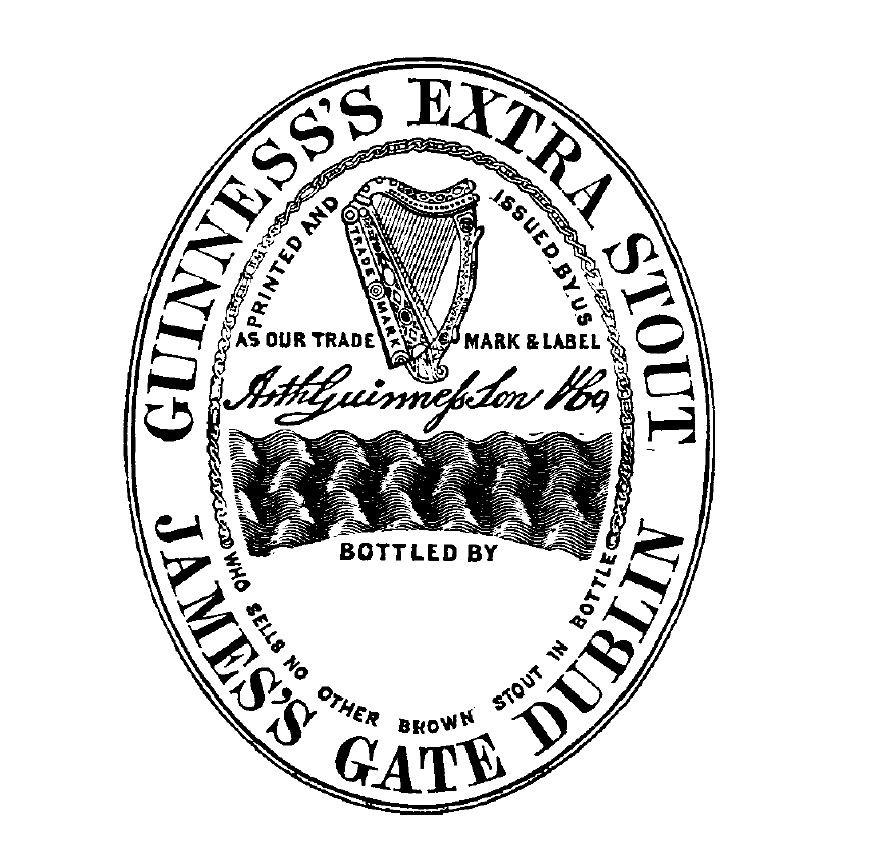 Another item famously associated with St. Patrick’s Day is Guinness® beer (Reg No. 0321014). Arthur Guinness started brewing beer at the St. James Gate Brewery in Ireland in 1759. In 1769, Guinness first exported their beer, sending six-and-a-half barrels to Great Britain. To this day, Guinness remains one of Ireland’s most significant exports with annual revenue of more than $2.6 billion, and on St. Patrick’s Day alone, over 13 million pints are consumed worldwide. The emblem most commonly associated with Guinness is the harp; it was on the label of the first bottle produced in 1862. The harp is still used today with the image having undergone only a few minor design changes. The harp design is inspired by the famous 14th-century Irish harp known as the “O’Neill” or “Brian Boru” harp. It was registered as Guinness’ company trademark in 1876 and is the reason the company’s first lager was named ‘Harp’ in 1960 (U.K. Reg No. 0000004474A). This famous Irish harp is also the Republic of Ireland’s official national emblem. To differentiate their harp emblem from the trademarked Guinness emblem, the Irish government turned their harp in the opposite direction of the Guinness harp for trademark purposes.
Another item famously associated with St. Patrick’s Day is Guinness® beer (Reg No. 0321014). Arthur Guinness started brewing beer at the St. James Gate Brewery in Ireland in 1759. In 1769, Guinness first exported their beer, sending six-and-a-half barrels to Great Britain. To this day, Guinness remains one of Ireland’s most significant exports with annual revenue of more than $2.6 billion, and on St. Patrick’s Day alone, over 13 million pints are consumed worldwide. The emblem most commonly associated with Guinness is the harp; it was on the label of the first bottle produced in 1862. The harp is still used today with the image having undergone only a few minor design changes. The harp design is inspired by the famous 14th-century Irish harp known as the “O’Neill” or “Brian Boru” harp. It was registered as Guinness’ company trademark in 1876 and is the reason the company’s first lager was named ‘Harp’ in 1960 (U.K. Reg No. 0000004474A). This famous Irish harp is also the Republic of Ireland’s official national emblem. To differentiate their harp emblem from the trademarked Guinness emblem, the Irish government turned their harp in the opposite direction of the Guinness harp for trademark purposes.
Those who consume Guinness know there is an art to pouring it. Bartenders in Ireland feel they have perfected the pour down to a science and have shared  their knowledge1. For those who don’t have time to master the art of pouring a Guinness do not worry, Guinness patented a widget (IMPROVED METHOD OF AND MEANS FOR DISPENSING CARBONATED LIQUIDS FROM CONTAINERS U.K. Patent No. 1266351) to help achieve the perfect pour. The widget comes in the shape of a small ball, similar to a ping pong ball or a small plastic cylinder known as a “rocket”. These help maintain the proper carbonation and consistency of the beer.
their knowledge1. For those who don’t have time to master the art of pouring a Guinness do not worry, Guinness patented a widget (IMPROVED METHOD OF AND MEANS FOR DISPENSING CARBONATED LIQUIDS FROM CONTAINERS U.K. Patent No. 1266351) to help achieve the perfect pour. The widget comes in the shape of a small ball, similar to a ping pong ball or a small plastic cylinder known as a “rocket”. These help maintain the proper carbonation and consistency of the beer.
From all of us at Suiter Swantz IP, Happy St. Patrick's Day and may the luck of the Irish be with you and your family!
1http://www.travelchannel.com/interests/food-and-drink/articles/pour-a-proper-guinness
Suiter Swantz IP is a full-service intellectual property law firm providing client-centric patent, trademark, and copyright services. If you need assistance with an intellectual property matter and would like to speak with one of our attorneys, please contact us at info@suiter.com.
Suiter Swantz IP’s COVID-19 Preparedness and Office Updates
Monday, March 16, 2020. 16:00 CT.
Our thoughts are with all of those impacted by the spread of COVID-19. Our top priority is the well-being of our clients and colleagues. We want to reassure you that we are continuously monitoring the outbreak of COVID-19 to ensure we can meet the ongoing needs of our clients.
At the present time, Suiter Swantz IP remains open and is maintaining normal operations. We have activated our business continuity plans to ensure uninterrupted service in the event we move to a fully remote working scenario, with our entire team able to work remotely. All appointments to meet at our Omaha location will now be carried out via phone or video conference. Should any questions or needs arise, please contact info@suiter.com, (402) 496-0300, or the attorney you are working with.
We will continue to monitor the situation closely and evaluate additional measures to support our clients and team as needs arise. For updates, please visit suiter.com or our Facebook page.
For additional information about COVID-19, visit the Centers for Disease Control at cdc.gov or your local health department website.
Our entire team hopes that you and your family remain safe and healthy during this ordeal.
Thank you,
Suiter Swantz IP Team
---
Patents Issued on Leap Day
2020 is a leap year, which means we get to enjoy a whole extra day of February, and people born on February 29 finally can celebrate their birthday.
Every four years, we add a Leap Day to the calendar on February 29. These additional 24 hours are built into the calendar to ensure that it stays in line with the Earth’s movement around the Sun. While the modern calendar contains 365 days, the actual time it takes for Earth to orbit its star is slightly longer—roughly 365.2421 days. The difference might seem negligible, but over decades and centuries that missing quarter of a day per year can add up.
So, what does a Leap Day mean in terms of patent issuance? With Leap Day occurring every four years and patents only being issued on Tuesdays, the likelihood of having a patent issued on Leap Day is very rare. Since the first patent was issued in 1790, there have only been six Leap Days (see list below) where patents were issued– amounting to roughly 6,700 total patents. Given that the USPTO has issued over 10,000,000 patents, it is clear that Leap Day patents are quite rare. Of all the patents that have been issued in the United States, roughly 0.067 percent were issued on Leap Day.
To celebrate Leap Day, we’d like to highlight a few of the patents who are in the 0.067 percent “club.”
On February 29, 1916, George A. Vaipan of Ontario, Canada was issued design patent D48,658 for “a dial for timepieces.” It is rather fitting that Vaipan’s design was issued on Leap Day considering the celestial features and its relation to the concept of time.
On February 29, 1944, William D. Sellers and Alfred G. Gross were issued a patent for their “suction cleaner,” patent 2,343,227. Their invention related to suction cleaners, commonly known as vacuums, and more particularly to an improved nozzle height with means of adjusting. The two hoped that their invention would provide an improved suction cleaner and one that could automatically adjust its height to provide better contact to the surface it was cleaning. Vacuums have come a long way since 1944 and are still being manufactured with new and improved bells and whistles. Will you spend your extra day in February getting a head start on spring cleaning?
What better way to spend Leap Day than with a little fun? On February 29, 2000, Anne Murphy of Tewksbury, Massachusetts was issued design patent D421,285 for her “miniature play tent.” That same Leap Day, Wen-Ho Tsai of Taipei, Taiwan was issued design patent D421,279 for his “toy helicopter.”
From all of us at Suiter Swantz IP, we hope you enjoy this year’s Leap Day and look forward to January 29, 2028 when more patents can be added to such a rare subgroup.
Leap Days in which patents were issued, according to the USPTO:
February 29, 2000
February 29, 1972
February 29, 1944
February 29, 1916
February 29, 1876
February 29, 1848

